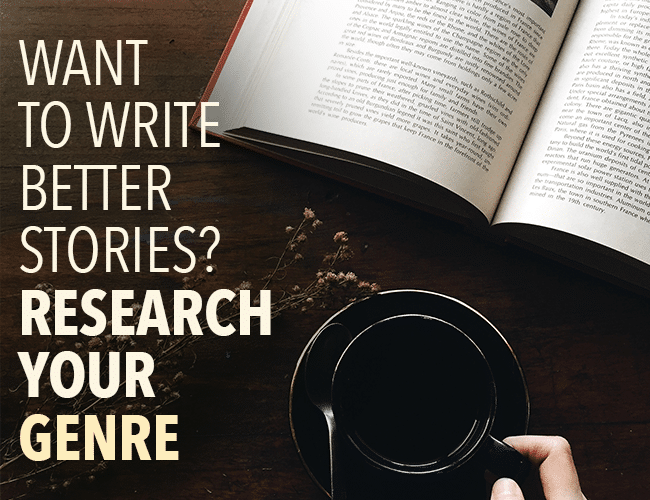
by Sue Weems |
The first time I wrote a novel, I didn’t think about genre until the first draft was done, and I began trying to untangle my mess in revision. After two painful years (mostly comprised of avoidance, procrastination, and general despair), I hired a developmental editor who began our first phone call by asking, “What kind of book is this?” and “Who is your ideal reader?”
“It’s for everyone,” I said. I could hear the rise and fall of my breathing in the silence.
“No, it isn’t,” she said in a kind, but firm voice. Within minutes, I realized I had skipped a clarifying question that would guide every step of the book process from the plot and characters to cover design and marketing.
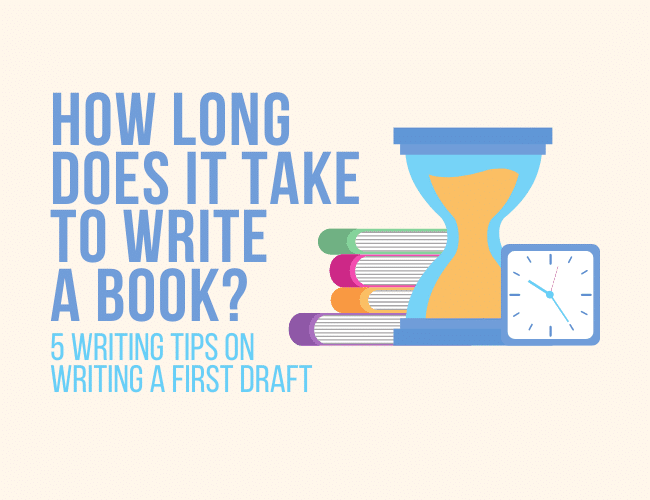
by Sarah Gribble |
How long does it take to write a book? Writing the first draft of a book is a grueling, intimidating process. But it doesn’t have to be a slow process.
Ask one hundred writers how long it takes them to write their first drafts and you’ll get one hundred different answers. There is no perfect length of time to spend on a first draft.
You will find, though, that the writers whose answer is closer to a couple of months than to a couple of years are most likely more successful.
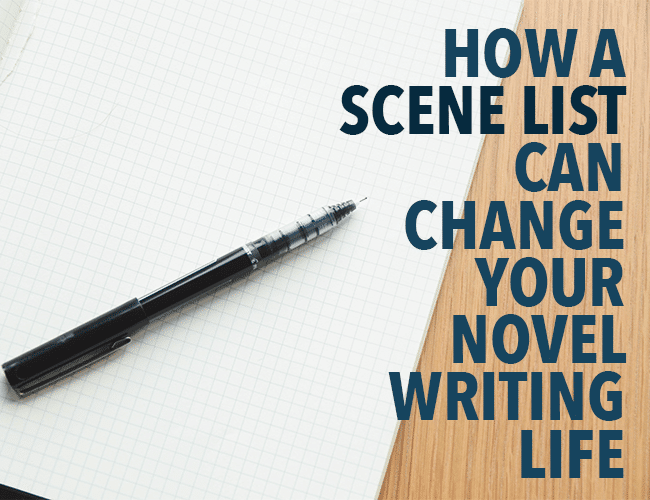
by Monica M. Clark |
By the end of this post you will be using an excel spreadsheet.
Don’t make that face—I know you’re a writer and not a data analyst. Or if you are a data analyst—I understand that you’re on this blog to get away from you day job. I get it. But guess what? At the suggestion of Randy Ingermason—the creator of the Snowflake Method— I listed all of the scenes in my novel in a nice little Google spreadsheet. It changed my novel-writing life, and doing the same will change yours too.
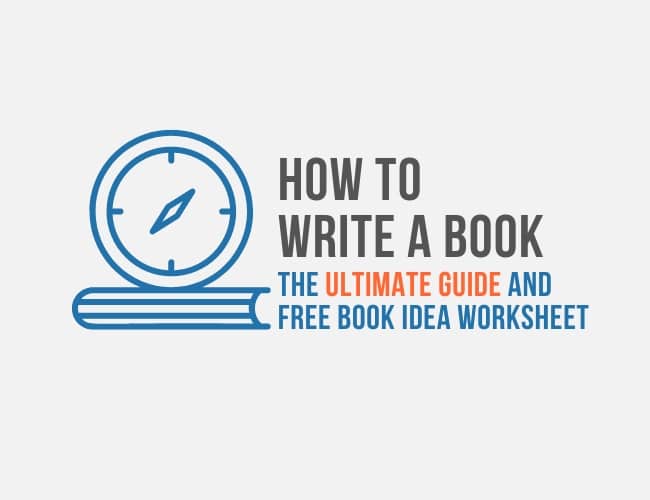
by Joe Bunting |
You want to write a book. Maybe you have a great story idea. Maybe you have a big idea you want to share with the world. Maybe people have told you, “Your life should be made into a book!” But first, you have to learn how to write a book.
The problem for the first-time author is figuring out how to get started. What are the writing habits you need to finish the actual writing for an entire book? And what comes next: traditional publishing? Self-publishing? Becoming a New York Times bestselling book?
Because after coaching thousands of writers to write and finish their books, and also writing fifteen books of my own, I know exactly how much hard work it takes to finish a book.
It’s not enough to want to write, you need to know how to write a book.
You need to have the right process. The write process, you might say (sorry, I had to!).
In this guide, we’re going to learn everything about how to write a nonfiction book, from how to defeat procrastination and find writing time, all the way to revising and the editing process—and even to the publishing process.
If you’ve ever wanted to write a book, whether a memoir, a big idea book, or a self help book, you’re in the right place.
If, on the other hand, you’re a fiction writer and have a main character who you know is going to take the world by storm, we have a complete guide on novel writing here. For you nonfiction writers, though, read on for all our best writing tips.
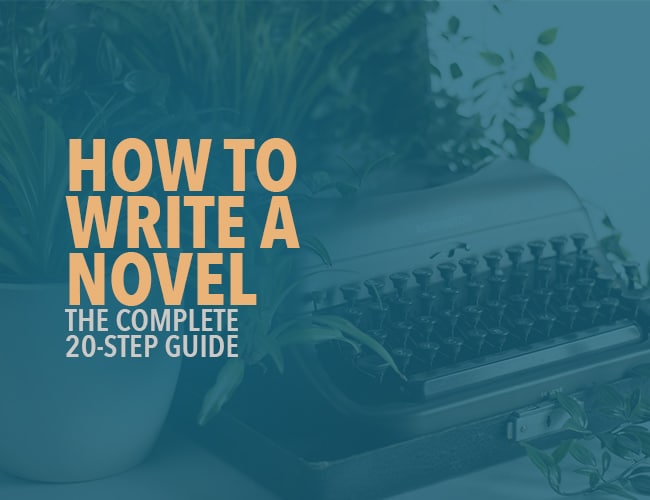
by Joe Bunting |
What if you could begin your novel without the fear of failing? What if you had a process so foolproof, you knew you would finish no matter what? The zombie apocalypse could finally strike and you’d still finish writing your novel.
The good news is you’ve found the write place (sorry, bad habit).
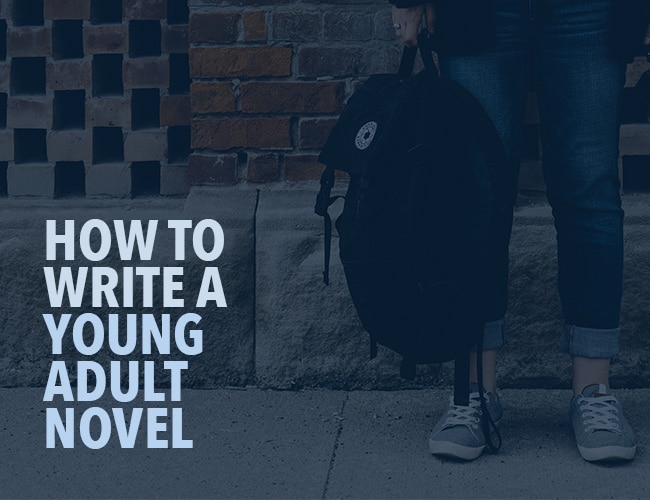
by The Magic Violinist |
Young adult novels have never been more popular. It started with the rise of Harry Potter and continued with hits like The Fault in Our Stars, The Hunger Games, and Divergent. Have you ever wondered how to write a YA novel?
Learning how to write fiction is one thing, but writing for teens is a whole different ball game. As a teen and an avid YA reader myself, I have a few tips for you.








